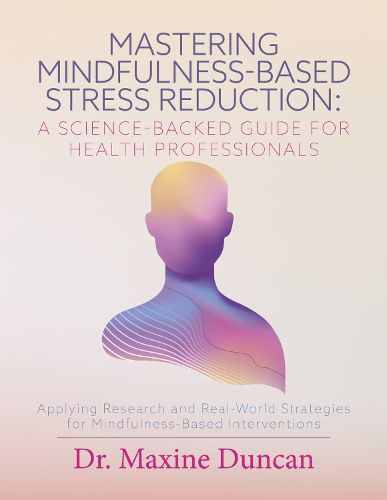Readings Newsletter
Become a Readings Member to make your shopping experience even easier.
Sign in or sign up for free!
You’re not far away from qualifying for FREE standard shipping within Australia
You’ve qualified for FREE standard shipping within Australia
The cart is loading…






Abstract This book explores the factors influencing female breast cancer patients' intentions to participate in mindfulness-based stress reduction (MBSR) programs, highlighting practical strategies for health professionals to enhance program participation and patient outcomes. Grounded in the theory of planned behavior (TPB), it examines how attitudes, subjective norms, and perceived behavioral control shape intentions to attend MBSR sessions, whether in-person or via telehealth. Data collected through a quantitative cross-sectional survey of breast cancer patients from Texas' Gulf Coast region were analyzed using multiple linear regression. A pilot test confirmed survey reliability (Cronbach's alpha = .843). Findings revealed that attitudes were the strongest predictor of intentions, explaining 26.7% of the variance, while subjective norms and perceived behavioral control were not significant predictors. These results underscore the importance of fostering positive attitudes towards MBSR as a key strategy to drive participation. By offering actionable insights, this book equips health professionals with evidence-based approaches to improve stress management interventions for breast cancer patients, ultimately contributing to improved well-being and a deeper understanding of health behavior predictors.
$9.00 standard shipping within Australia
FREE standard shipping within Australia for orders over $100.00
Express & International shipping calculated at checkout
Abstract This book explores the factors influencing female breast cancer patients' intentions to participate in mindfulness-based stress reduction (MBSR) programs, highlighting practical strategies for health professionals to enhance program participation and patient outcomes. Grounded in the theory of planned behavior (TPB), it examines how attitudes, subjective norms, and perceived behavioral control shape intentions to attend MBSR sessions, whether in-person or via telehealth. Data collected through a quantitative cross-sectional survey of breast cancer patients from Texas' Gulf Coast region were analyzed using multiple linear regression. A pilot test confirmed survey reliability (Cronbach's alpha = .843). Findings revealed that attitudes were the strongest predictor of intentions, explaining 26.7% of the variance, while subjective norms and perceived behavioral control were not significant predictors. These results underscore the importance of fostering positive attitudes towards MBSR as a key strategy to drive participation. By offering actionable insights, this book equips health professionals with evidence-based approaches to improve stress management interventions for breast cancer patients, ultimately contributing to improved well-being and a deeper understanding of health behavior predictors.